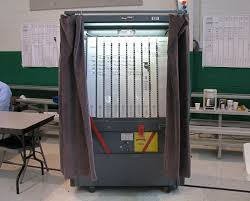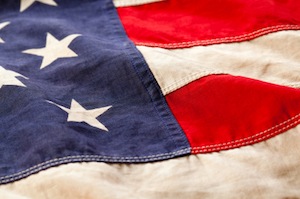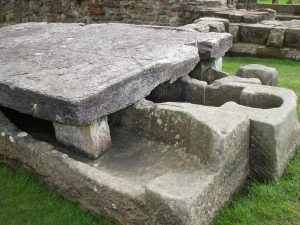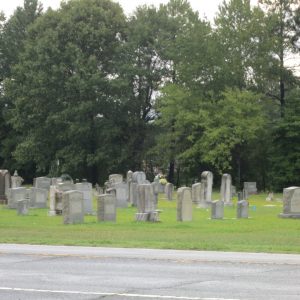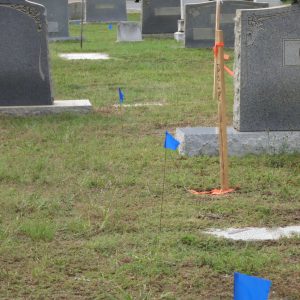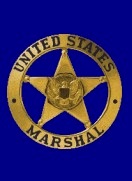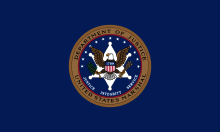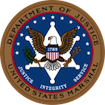KN, p. 265 “Election Integrity 2020”
Almost every time the USA has had a Presidential election in the last few cycles, there have been concerns about voter fraud mentioned before, during, and after the elections. From both sides of the aisle. It’s important to note that after appropriate investigations by duly selected or elected officials, it has been determined that any discrepancies in the vote are rarely actual fraud, but rather caused by human error or mechanical malfunction. Despite the court cases that drag on after the elections, widespread voter fraud rarely happens. Frustrating to the opposition, but investigations show otherwise. Read this article to explain past occurrences.
In 2020, the voices of doom and gloom seem more strident. Is the Pandemic causing us to panic where no panic is warranted? We are, after all, in the middle of one of the most challenging periods in our recent history and want to make sure our wishes are known at the polls. Whether by paper ballot marked on the day of the election, or a mail-in ballot sent before the deadline, or early voting by machine/paper, or absentee ballots received after the actual Election Day, the American people must be able to exercise our inalienable right to vote.
Mail-in ballots have been attacked as problematic. In actual fact, some States have used mail-in ballots in previous elections without difficulty. Signatures are checked against those on file, bar codes on the envelopes are assigned to one person, checked, recorded, and votes are counted and verified.
The following nine States (and the District of Columbia) have already mailed ballots to all the registered voters:
California
Colorado
District of Columbia
Hawaii
Nevada
New Jersey
Oregon
Utah
Vermont
Washington
34 of the rest of the States will allow the registered voters to do mail-in voting because of Covid19, or no stated reason at all. Some States require people to request the mail-in ballot; some people automatically receive the application in the mail.
These seven States require some reason besides Covid19 in order to qualify for mail-in ballots:
Indiana
Louisiana
Mississippi
New York
South Carolina
Tennessee
Texas
If you don’t like the method your State employs to conduct elections, vote for changes in your election laws, or for a change in the people that make those decisions. Proposed changes to the election procedures are often contained in the Public Questions sections of the ballot.
According to opponents of the mail-in process, one of the biggest issues is the mail itself. We have endured attacks on the efficacy of our postal system to deliver absentee ballots in the time needed, but millions of ballots have already been delivered via the Post Office throughout the country without problem. Any errors can be corrected via the stated methods on the individual State election site. Most States are providing drop-in boxes for the ballots in strategic spots for those people choosing not to vote in person. For some reason, Texas has decided to limit the drop-off sites to one per county. I hope that changes, as it creates a hardship for many voters that don’t need yet another challenge in 2020.
There have been questions raised about ballot rejection, so remember to sign your ballot and fill in the boxes correctly. There are tracking systems in place to make sure that the ballot is received.
Does voter fraud ever happen? Rarely, but yes, and the incidents are investigated. In a famous case in the North Carolina Ninth Congressional District 2018 election, a professional campaign worker and his hired group allegedly illegally collected registered voters’ absentee ballots and tampered with them in various ways. There was enough of a disparity in the vote distribution that questions were raised and the vote was determined not to be valid. The election was overturned and a new vote held months later. A related case is still in the courts.
https://www.newsobserver.com/news/politics-government/article242174111.html
What about interference from foreign governments or other ‘bad actors?’ On October 6th, there was a joint video delivered to social media by the heads of four United States security agencies: the FBI, the NSA (National Security Administration), CISA (Cybersecurity and Infrastructure Agency), and NCSC (National Counterintelligence and Security Center). During the video they sought to reassure the public that they are basically pulling out all the stops to make sure that our national election is safe and secure from all attacks, domestic and foreign.
The video can be seen at fbi.org.
https://www.fbi.gov/scams-and-safety/common-scams-and-crimes/election-crimes-and-security
In the meantime, CISA director, Christopher Krebs, advises us as voters to:
Prepare (Choose our voting venue or method and follow Covid protocols)
Participate (VOTE, and perhaps even volunteer to help with the process)
Patience (be ready to wait a few days for the elections to be verified, since some entities have extended deadlines for receipt of mail-in ballots. In other words, if the winner of the Presidential race can’t be declared on Election Night, we should be patient. It may take an extra few days this year to get all the votes counted.)
Bottom line? Exercise your right to vote.
Every vote counts, at every single level of government.
KN, p. 265 “Election Integrity 2020” Read More »

